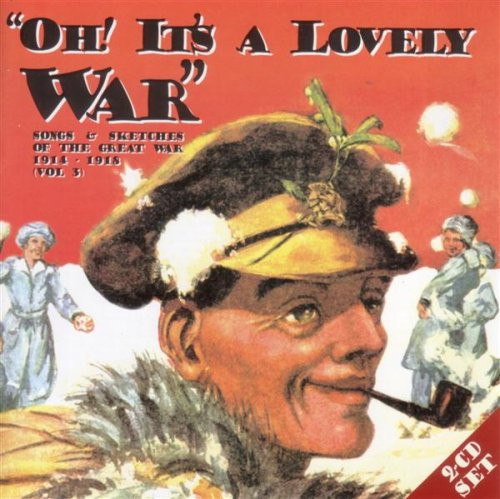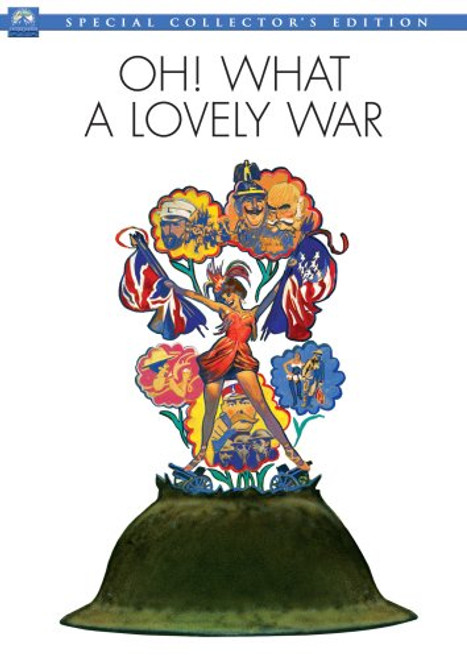CD41 Publishing is pleased to announce the release the third volume of Oh! It's a Lovely War, the series devoted to historic recordings of songs, marches and descriptive sketches from the First World War. Almost all the 49 tracks featured on this beautifully packaged double CD set were recorded between 1914 and 1918 and have been digitally remastered from original 78 and cylinder sources, using sympathetic treatment with the Cedar noise reduction process. Volume 3 comprises two full length (75 minute) CDs, featuring a wealth of British `songs that won the war' including Never Mind, The Army of Today's All Right, Kitchener's Boys, Fall in and Follow Me, Ship Ahoy!, Bravo Little Belgium, Here's to the Day, Hello! Hello! Who's Your Lady Friend?, My Hymn of Hate, Another Little Drink, Who Were You With Last Night? and Paddy Maloney's Aeroplane. The spoken word sections include a recruiting speech given by the Lord Mayor of London at Mansion House in January 1916, and an account of the sinking of the Arabic by the actor Kenneth Douglas from 1915. Also featured are several extremely rare Canadian and Australian records, including Maple Leaf Forever and Boys of the Dardanelles. America too is represented with evergreens such as Over There, Tell That to the Marines, You Can't Beat Us and Hunting the Hun. Among the rarest records included on the set are The Angel of Mons and Sinking of the Lusitania, as well as both sides of the historic recording of the funeral service of The Unknown Soldier at Westminster Abbey in November 1920, the first ever electrical recording using microphones. Featured artists include Florrie Forde, Stanley Kirkby, Tom Clare, Vesta Tilley, Mark Sheridan, Arthur Fields, Al Jolson, Enrico Caruso, Harry Fay, Hal Ford, Robert Radford, Ernest Pike and Robert Howe. The booklet includes detailed historical notes by Great War author James Hayward.
Oh! It's a Lovely War Vol. 3 : Songs & Sketches of the Great War 1914-18
Was:
$129.24
Now:
$64.62
- SKU:
- ZDS421190
- UPC:
- 5024545227925
- Condition:
- New
- Availability:
- Free Shipping from the USA. Estimated 2-4 days delivery.







